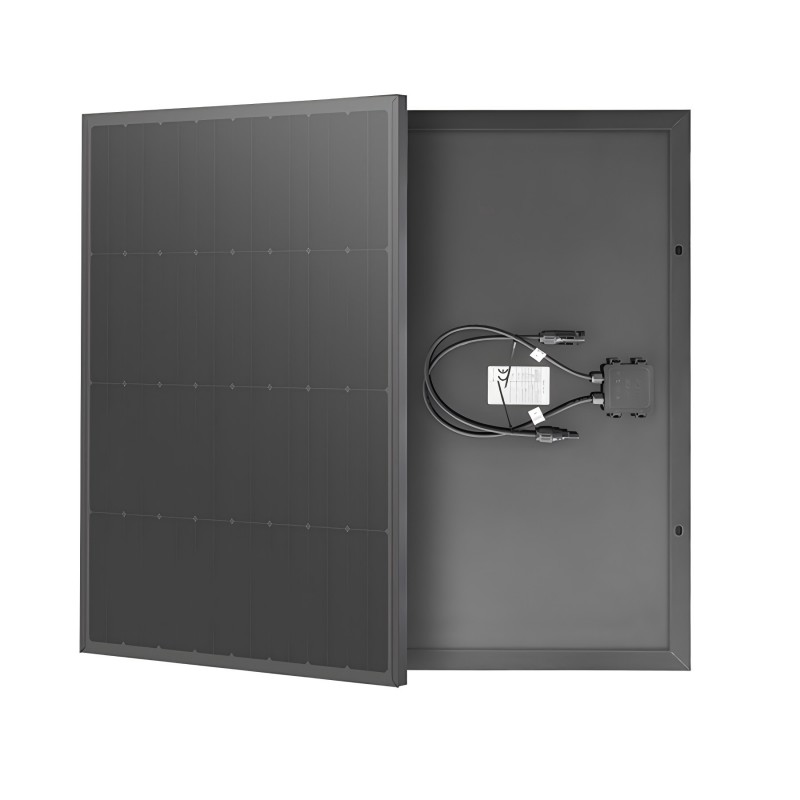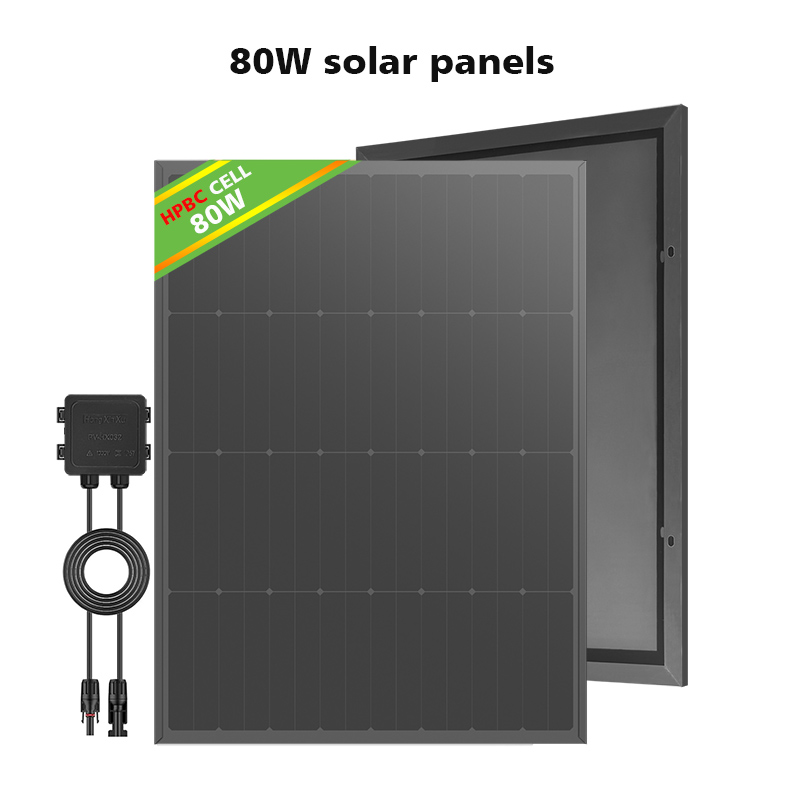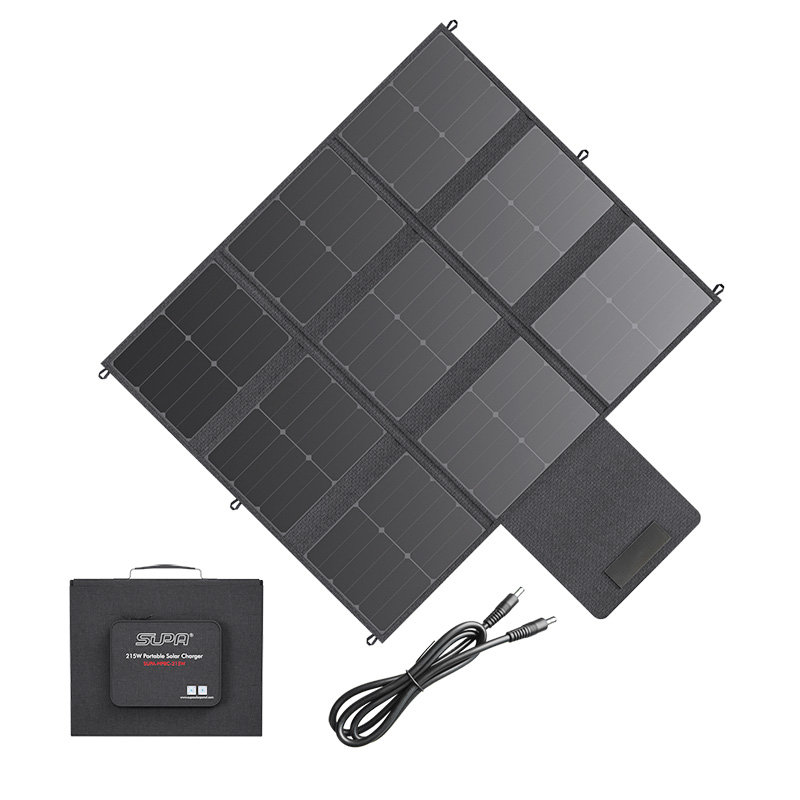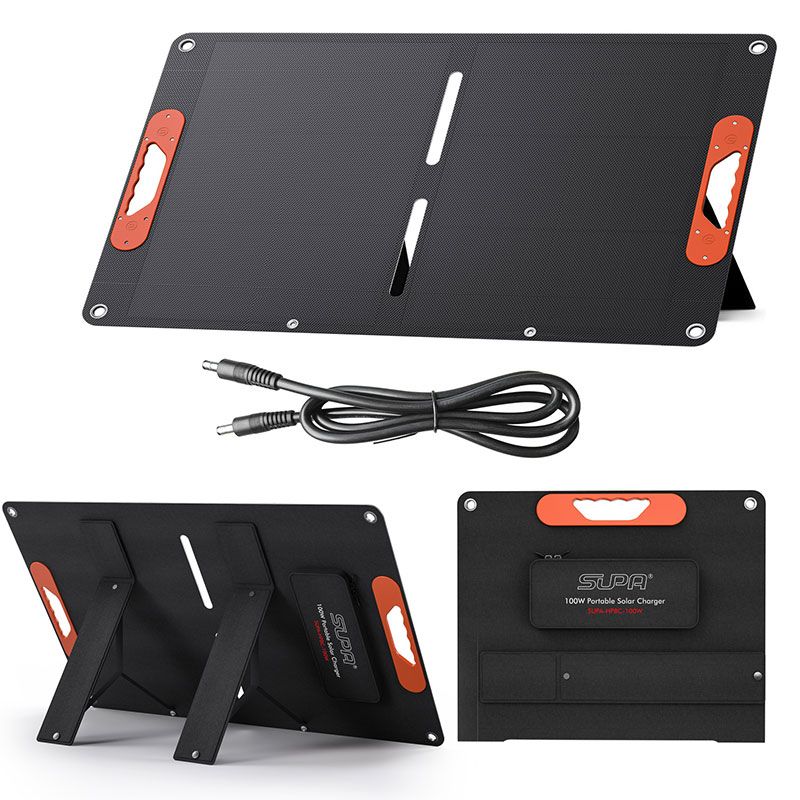Company News
As the renewable energy market expands, consumers are increasingly exploring different types of solar panels to meet their energy needs. Among the many options available, flexible solar panels are gaining attention for their unique characteristics. But are these panels the right choice for everyone? Here, we explore why some people might hesitate to use flexible solar panels and what to consider when choosing the best solar solution.
1. Durability Concerns
While flexible solar panels are celebrated for their lightweight and adaptable design, they may not be as durable as traditional rigid panels. Flexible panels are typically made with thinner materials to allow for bending and contouring, which can sometimes make them more susceptible to wear and damage over time. If you are looking for a long-lasting solar power solution, it's essential to compare the lifespan of flexible solar panels against that of conventional options.
2. Efficiency Levels
One of the common drawbacks of flexible solar panels is their efficiency. While advancements have been made in recent years, many flexible solar panel kits still do not match the high efficiency of rigid panels. For those who need maximum power output—such as larger households or businesses—rigid panels might be more suitable. However, if you require a more portable or adaptable solution, flexible solar panels may still be worth considering.
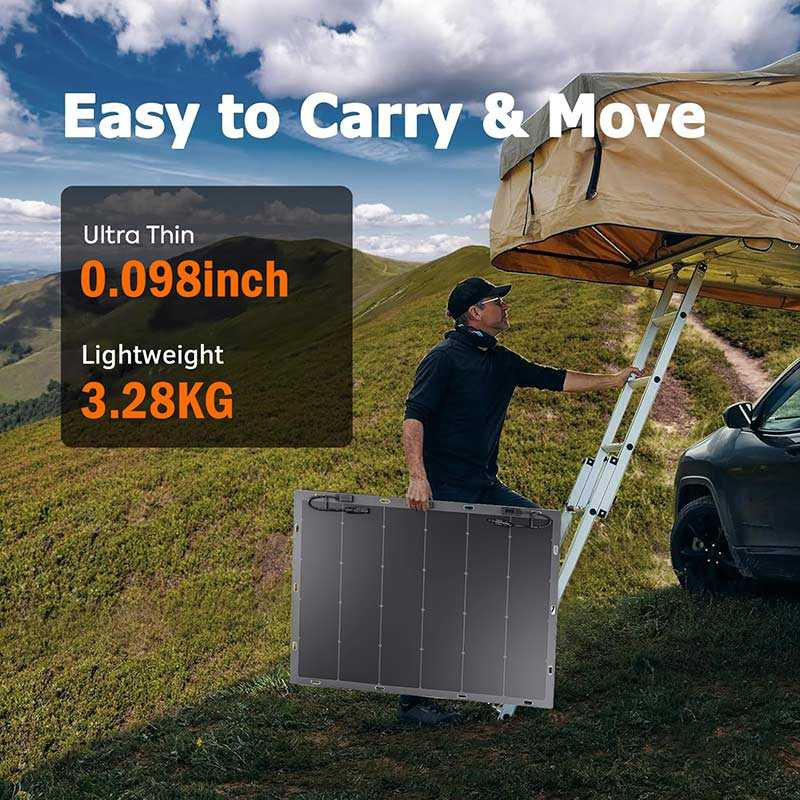
3. Cost vs. Benefit Analysis
When comparing costs, flexible solar panels may initially seem more affordable due to their lightweight nature and ease of installation. However, it's crucial to factor in the long-term value. For instance, while a 200 watt flexible solar panel may be cost-effective upfront, its efficiency and potential shorter lifespan could mean more frequent replacements or lower energy yields over time. To get the best value, consider consulting with flexible solar panels suppliers to understand the total cost of ownership.
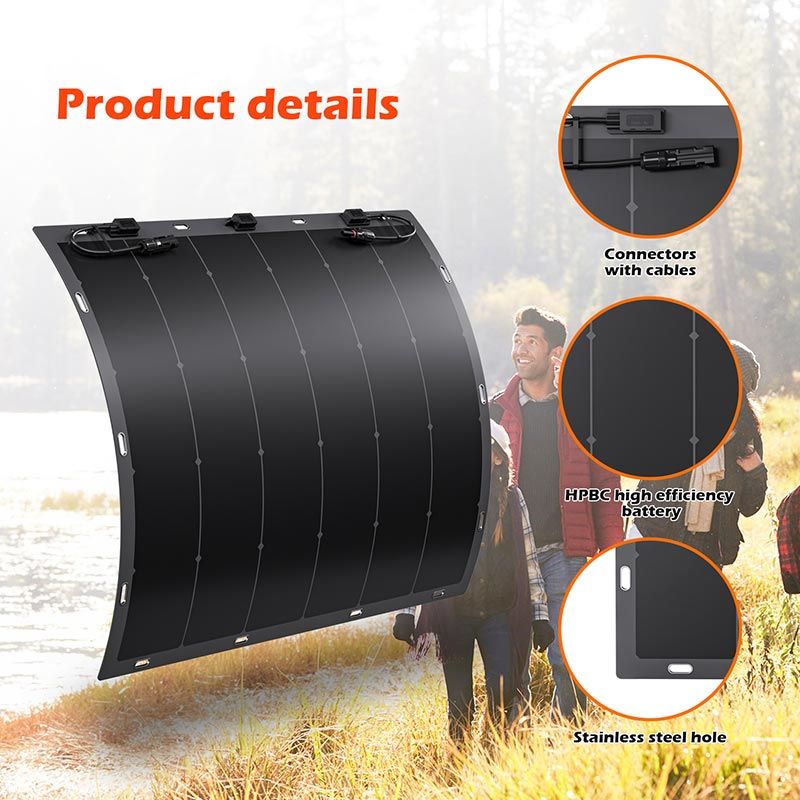
4. Specific Use Cases
Flexible solar panels excel in certain scenarios, such as on boats, RVs, or uneven surfaces where traditional panels might be impractical. Brands like SUPA flexible solar panels have developed products tailored for such applications. However, for stationary, large-scale installations, traditional rigid panels often remain the more efficient choice. If you’re evaluating solar power flexible panels for a specific use, ensure that your selection aligns with your energy requirements and installation environment.
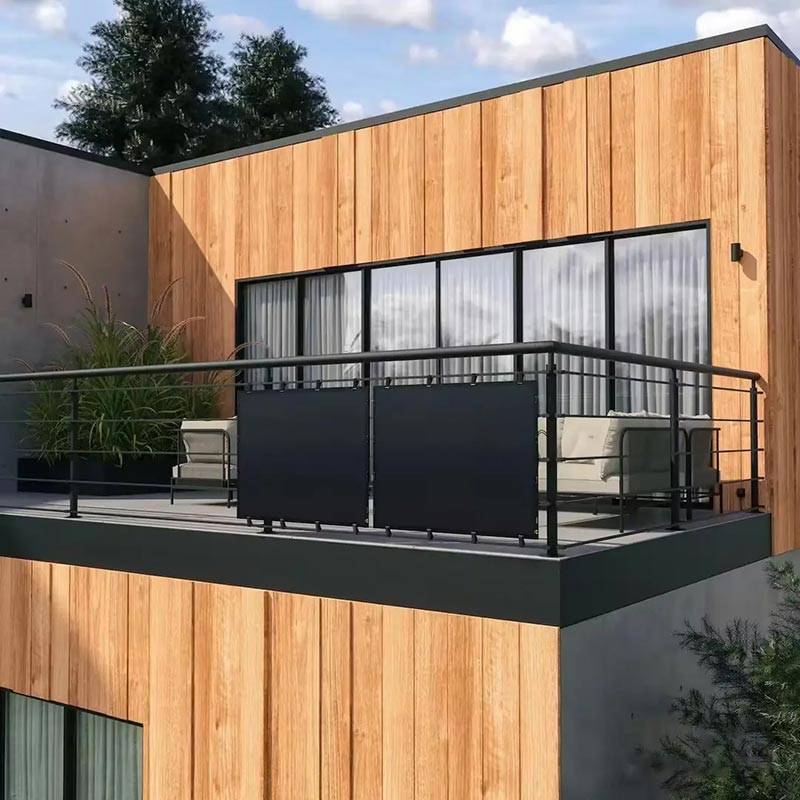
5. Weather Resistance
Another factor to consider when deciding on flexible solar panels is their performance under different weather conditions. While some high-quality flexible solar panels offer strong weather resistance, others may be more prone to damage from high winds, heavy rain, or UV exposure. Ensuring that your solar setup includes reliable panels, such as a SUPA flexible solar panel, can help mitigate these risks.
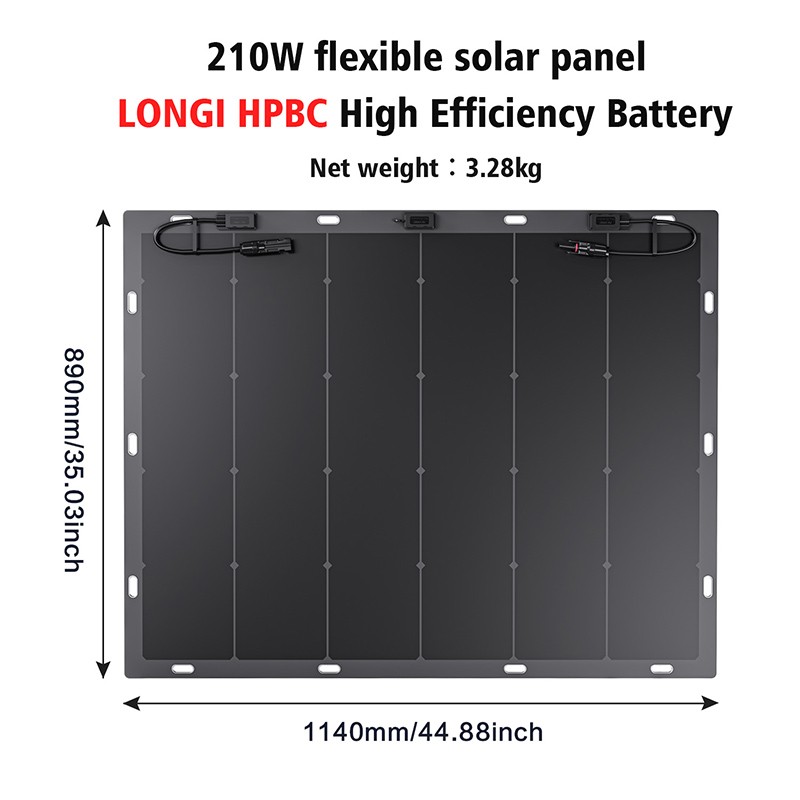
6. Power Output Limitations
For users needing significant power, flexible solar panels may not always meet expectations. While a 200 watt flexible solar panel can be a great option for smaller energy needs, those requiring higher outputs may find themselves installing multiple panels to achieve the desired power levels. This can sometimes lead to higher space requirements and reduced cost-effectiveness.
Conclusion:
Choosing whether to use flexible solar panels involves weighing their benefits against their limitations. While they offer unique advantages in terms of flexibility, lightweight design, and ease of installation, their potential drawbacks include lower efficiency, reduced durability, and power output limitations. For those in need of specialized solutions—such as RV owners, boaters, or those seeking portable energy—flexible solar panels, including SUPA flexible solar panel products, can be an excellent choice. However, for larger, permanent installations, consulting with flexible solar panels suppliers and evaluating long-term efficiency and cost is essential to make an informed decision.
FAQ:
Q1: What are flexible solar panels best used for?
Flexible solar panels are ideal for use on boats, RVs, camping trips, or uneven surfaces where traditional rigid panels are difficult to install.
Q2: Are flexible solar panels more expensive than traditional ones?
While flexible solar panels may have a lower initial cost, their potential for lower efficiency and shorter lifespan can make them less cost-effective in the long run.
Q3: Can flexible solar panels withstand harsh weather conditions?
High-quality flexible solar panels, such as SUPA flexible solar panels, offer decent weather resistance, but some may be more prone to damage from strong winds or prolonged UV exposure.
Q4: Do flexible solar panels generate as much power as rigid panels?
Typically, flexible solar panels are less efficient than rigid panels, making them less suitable for high-power needs.
Q5: How long do flexible solar panels last?
The lifespan of flexible solar panels varies based on the manufacturer and quality but is generally shorter than that of traditional rigid panels.

